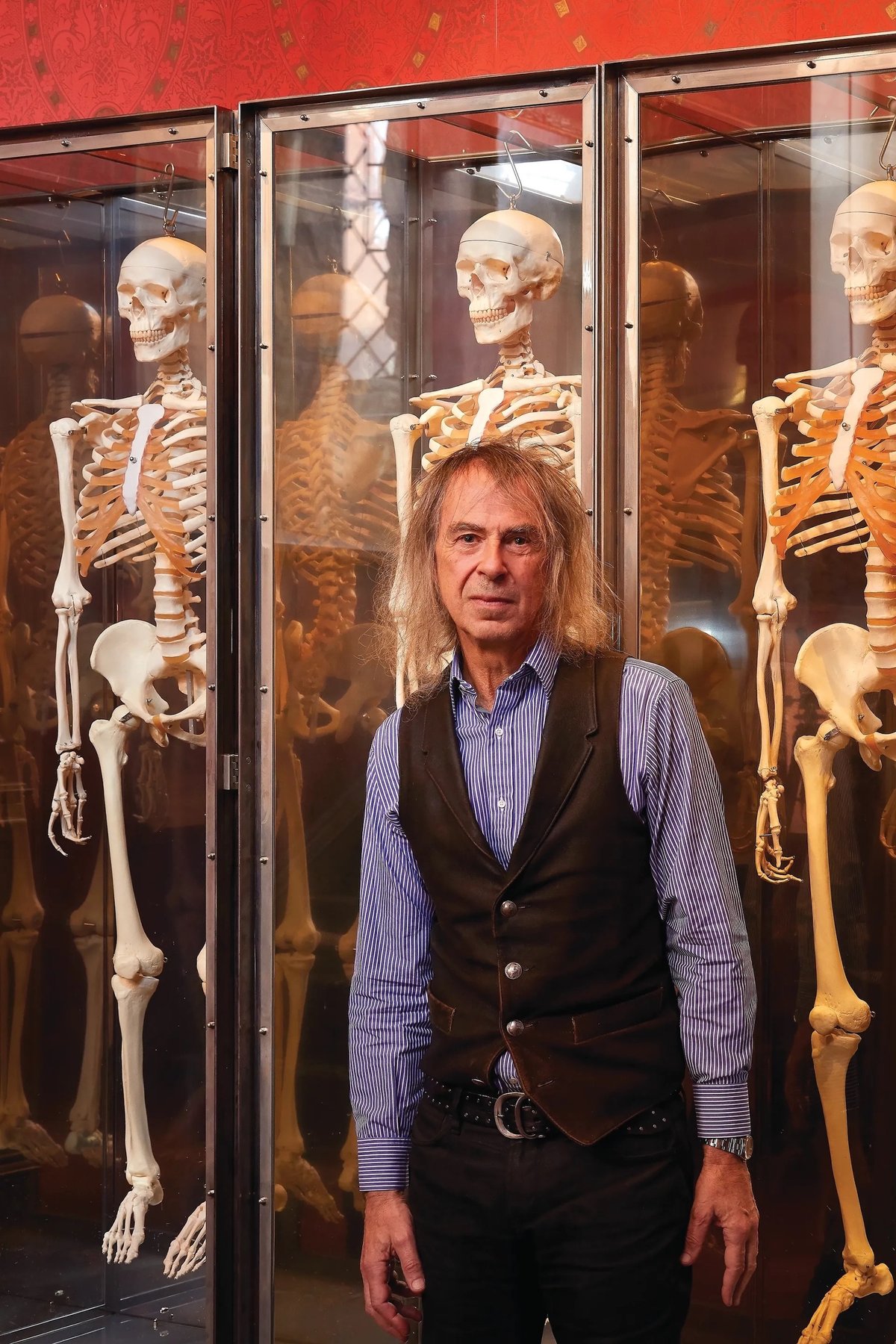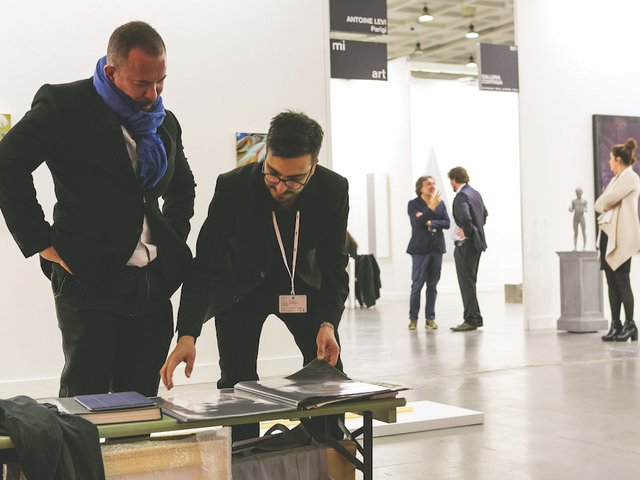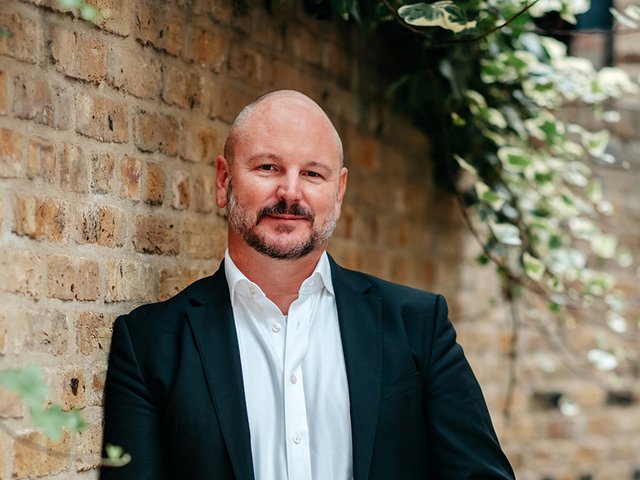Two British organisations that represent artists and their estates have launched a legal action in the High Court against the multi-millionaire art dealer and collector Ivor Braka and his company, Ivor Braka Ltd, in a bid to uncover whether he owes unpaid royalties dating back to 2006 when the Artist Resale Right was first introduced in the UK.
The Artists’ Collecting Society (ACS) and the Design and Artists Copyright Society (DACS)—the two non-profit bodies responsible for collecting Artist’s Resale Right royalties—say they have repeatedly asked Braka to disclose information on sales on which royalties are due. According to those organisations, Braka has refused to respond, potentially breaching his legal obligation to provide details of secondary market transactions. The value of allegedly unpaid royalties is unknown at this stage.
Braka tells The Art Newspaper the claims made in the High Court are “about me in my personal capacity as a collector—I don’t deal in my personal capacity”. He adds: “As an individual, I have never been asked for secondary market dealings post 2006. And I’ve never responded. There’s no case to answer.” As for his company, Braka says he has “no comment”.
Meanwhile, in legal papers filed to both Braka and his company in a lower court during the earlier stages of the dispute, Braka stated he intended to contest the claim. According to those papers, Braka says that DACS and ACS’s claim “involves substantial disputes of fact” including “whether all of the claimants’ requests for information were sent and validly made to each of the defendants under reg.15 of the Artist’s Resale Rights Regulations”. Regulation 15 states that requests for information to support resale rights must be made within three years of the sale in question.
It is the first time such proceedings have been brought in the UK, where artists are entitled to a small payment on the secondary sale of their works through galleries, dealers and auction houses. Royalties are payable on a sliding scale and capped at €12,500 for works valued at more than €500,000.
In a statement, Gilane Tawadros, the chief executive of DACS, says “the majority of the art market” complies with resale regulations, but “a few do not”. This gives them “an unfair advantage against their fellow art dealers and denies artists and creatives income that is desperately needed, especially after the Covid-19 pandemic”.
She adds: “We hope that the proceedings will encourage compliance with the regulations, supporting artists and helping to balance the inequality of wealth in the art market.”
Tim Maxwell, a partner at Charles Russell Speechlys, says: “The concept of a royalty is accepted practice in other intellectual property fields such as film, music and literature so it is disappointing that some take the view that this royalty should not be paid, preventing the grass roots of the industry being supported in this way. We are hopeful that this claim will act as a catalyst to allow artists to receive increased revenue during and after this most challenging of times.”




